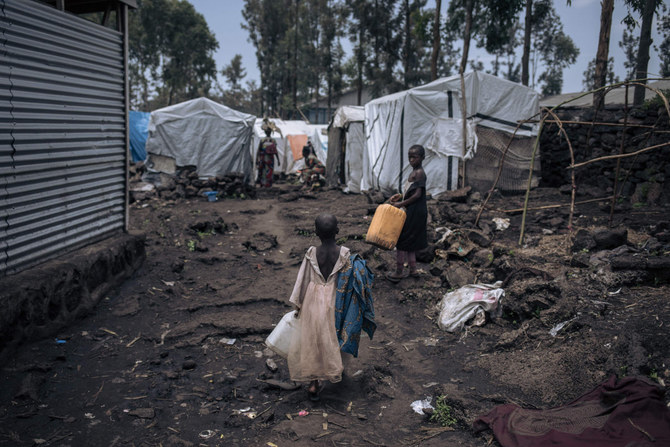The United Nations warns in a new report that increasing global water scarcity is fuelling more conflicts and contributing to instability.
The report says access to clean water is critical to promoting peace.
The UN World Water Development Report 2024, released on Friday, said 2.2 billion people worldwide lack access to clean water, while 3.5 billion lack access to safely managed sanitation.
These alarming figures indicated a significant gap in achieving the UN goal of ensuring universal access to clean water and sanitation by 2030.
The report highlighted that conflicts over water resources were intensifying worldwide, necessitating immediate action to enhance international cooperation and establish transboundary agreements to maintain stability.
Audrey Azoulay, UNESCO’s director-general, emphasised the imperative for swift action to mitigate water stress and bolster cooperation, stating, “As water stress increases, so do the risks of local or regional conflict.
“UNESCO’s message is clear: if we want to preserve peace, we must act swiftly not only to safeguard water resources but also to enhance regional and global cooperation in this area.”
Alvaro Lario, president of the International Fund for Agricultural Development (IFAD) and chair of UN-Water, echoed the sentiment, affirming that sustainable and equitable water management remained crucial for global peace and prosperity.
The report added that the impact of water scarcity extended beyond necessities, exacerbating food insecurity, health risks, and social disparities, particularly affecting girls and women who often bore the brunt of water scarcity’s consequences.
It added that water scarcity contributed to migration and displacement, further straining resources and exacerbating social tensions.
“Despite approximately 40 per cent of the global population residing in transboundary river and lake basins, only a fifth of countries have cross-border agreements to manage shared water resources equitably.
“Insufficient cooperation on transboundary water management exacerbates tensions, as observed in regions like the Sahel and the Arab world,” the report said.
The report revealed that concrete progress in cooperation had been observed in several regions in response to these challenges.
They included the Framework Agreement on the Sava River Basin and the revitalisation of the Lake Chad Basin Commission, demonstrating the potential for transboundary agreements to promote stability and sustainable water management.
UNESCO said that addressing the urgent need for international cooperation on water issues remains paramount to averting conflicts and ensuring global peace and prosperity.
The United Nations World Water Development Report is the UN’s flagship report on water. It offers an authoritative and comprehensive assessment of the overall state, use, and management of the world’s freshwater resources.
(NAN)





